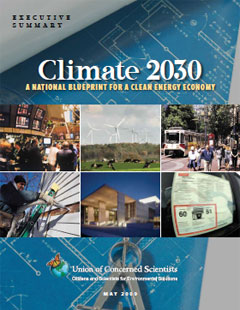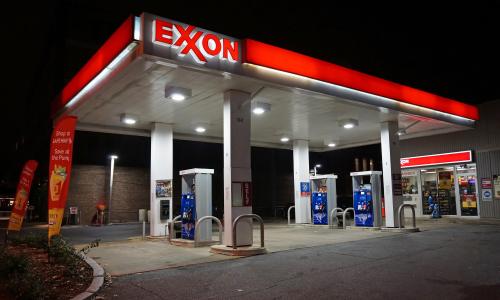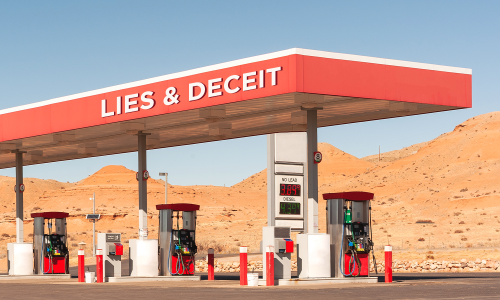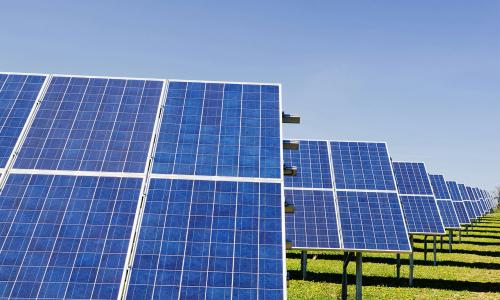Climate 2030: A National Blueprint for a Clean Energy Economy outlines a comprehensive set of smart policies to jump-start the transition to a clean energy economy.
Climate policies
Economywide cap-and-trade program with:
- Auctioning of all carbon allowances
- Recycling of auction revenues to consumers and businesses
- Limits on carbon “offsets” to encourage “decarbonization” of the capped sectors
- Flexibility for capped businesses to over-comply with the cap and bank excess carbon allowances for future use
Industry and buildings policies
- An energy efficiency resource standard requiring retail electricity and natural gas providers to meet efficiency targets
- Minimum federal energy efficiency standards for specific appliances and equipment
- Advanced energy codes and technologies for buildings
- Programs that encourage more efficient industrial processes
- Wider reliance on efficient systems that provide both heat and power
- R&D on energy efficiency
Electricity policies
- A renewable electricity standard for retail electricity providers
- R&D on renewable energy
- Use of advanced coal technology, with a carbon-capture-and-storage demonstration program
Transportation policies
- Standards that limit carbon emissions from vehicles
- Standards that require the use of low-carbon fuels
- Requirements for deployment of advanced vehicle technology
- Smart-growth policies that encourage mixed-use development, with more public transit
- Smart-growth policies that tie federal highway funding to more efficient transportation systems
- Pay-as-you-drive insurance and other per-mile user fees




